Welcoming the stranger
Thoughts (and a warning) on retracing a cross-country bicycle trip, 40 years later
In the summer of 1983, just two years out of college, I quit my first job in Washington, DC, bought a new Trek touring bicycle, threw some panniers, a small tent, and a sleeping bag on the bike’s rear rack, and headed west.
I told my friends that I wanted to visit a college buddy who was then living in Boulder, Colorado, and figured I’d turn the trip into an adventure.
But that wasn’t the whole story. The truth is I hated my job. (I was a research assistant at a K Street consulting firm.) I was also disoriented by the post-college world, anxious about my future, and probably a little depressed: My idea of the perfect weekend was to receive invitations to a few parties, politely decline, and then crawl into bed with a good book and listen to Quadrophenia. (A great album, but it sounds as grim as it looks.)
So I did what any good American would do: I hit the road.
My bike route took me southwest across Virginia, along the foothills of the Blue Ridge… over the Appalachian Mountains… across Kentucky and the southern tip of Illinois… then west across Missouri… Kansas… and finally Colorado. Straight through the buckle of the Bible Belt.
“Are you a Christian?”
Every afternoon around 3 p.m., after cycling 75 miles or so, I’d begin looking for a place to camp. This was pre-internet, of course, so no Googling. Instead, I’d search for what looked like a friendly house, knock on the front door, introduce myself, and ask if they might be willing to fill up my water bottles. Then, after some small talk, I’d ask about places nearby where I might be able to camp.
The most frequent response: “How about here with us?”
Minutes later I’d be pitching my tent in their backyard. Then, a member of the family, usually one of the kids, would offer me a cool glass of lemonade. A few hours later, they’d invite me inside for dinner, and ask all sorts of questions about my trip — and about me. (I was on the road for roughly a month; I slept in my tent maybe five times. Welcome the stranger, indeed.)
Then, sometime around dessert, my hosts would ask the inevitable question: “Are you a Christian?”
“Uhh… no, not really,” I’d reply. “I guess I’m what you might call ‘unchurched.’” (Technically true, but a dodge nonetheless.)
And so would begin a long and lively conversation about Jesus, the Gospels, the arc of human history, and the meaning of life.
Keeping quiet
Why didn’t I tell people I’m Jewish? Because I worried that I’d be seen as a threat or a villain. As an operative in the notorious International Jewish Banking Conspiracy. As a foot soldier in a secret capitalist-communist-anarchist-atheist-theocratic cabal. Or maybe as a “Christ killer.” Playing it safe, I kept quiet about my heritage and beliefs… until one evening in western Kentucky.
I don’t remember the woman’s name or the town where she lived, but I do remember that she and her husband were incredibly kind to me. She also seemed well-read, open-minded, and curious about other ways of understanding Scripture and seeing the world.
So, in the middle of our post-dinner chat, I fessed up: When I said earlier that I was ‘unchurched,’ I was being intentionally vague. The truth is, I’m Jewish.
Her eyes widened.
Really? she said. Then, a big smile. Wow! I mean, I’ve read about you people in the Bible and I’ve heard about you in church and I’ve seen you on TV, but I’ve never actually met a real Jew in person! This is great!
The more we talked, the more my eyes widened: She was excited because my existence and the survival of the Jewish people helped confirm the truth of the Biblical narrative that was the bedrock of her Christian faith.
By not vanishing from human history, the Jews — the remnant of the “old” covenant — stand as (unwitting?) witnesses to the existence of the G*d of Abraham, of Isaac, and of Jacob… and of Sarah, of Rebecca, of Rachel, and of Leah.
And now, after 2,000 years of exile, some Jews have returned to the land of Israel, the ancestral home.
Some Christians and Jews believe this “ingathering of the exiles” is a fulfillment of prophecy and proof that G*d keeps His promises. Just look, they say, at these sections of The Story: Deuteronomy 30:1-5; Isaiah 11:11-12; Jeremiah 29:14; and Ezekiel 20:41-42.
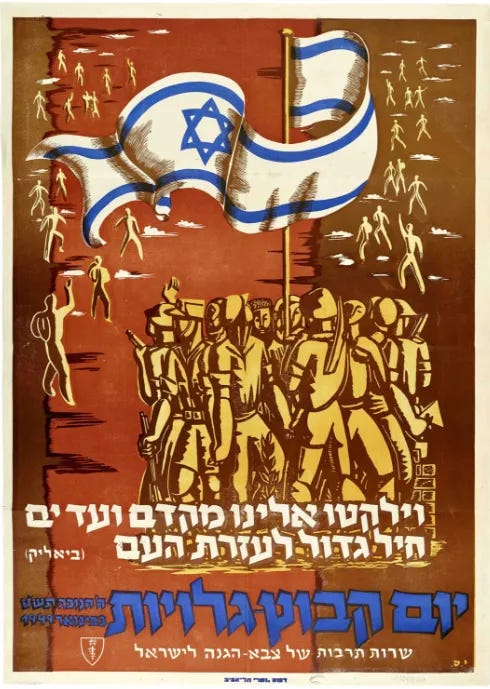

If you think that my Kentucky host is an outlier and not representative of mainstream Christianity (whatever that might be), here’s a second opinion:
The fact that some Christians believe contemporary Jews still have a meaningful role to play in the ongoing Biblical narrative — this, I confess, was a revelation to me. Thanks to that wonderful woman in Kentucky in 1983, I began to think that the Bible story, writ large, might have something important to say to the world — and to me.
Back in the saddle in 2024?
If I could travel back in time to 1983 and repeat my bike trip through the Bible Belt, I’d do it differently. When Christians asked about my upbringing and my faith, I wouldn’t dodge the question.
And this got me thinking: What if next spring I got on my bicycle again, rode across the country, and asked Christians some of the questions that animate this Out of Babel project (and that I posed to Walter Russell Mead last year):
Do Diaspora Jews like me have a future in America?
Is the ingathering of all the Jewish exiles a prerequisite to the Second Coming of Christ?
By refusing to move to Israel, are Jewish Americans screwing up The Divine Plan, thereby preventing History from reaching its big, redemptive finale?
I could post the answers here as part of a weekly travelogue, including photos, audio, and video I’d gather along the way.
Some days I’m convinced this is a brilliant idea.
Other days I’m convinced it’s certifiably insane.
“It would be an act of faith.”
Last week, I ran this idea by Dr. Robert Wallace, the Senior Pastor at McLean Baptist Church in McLean, Virginia.

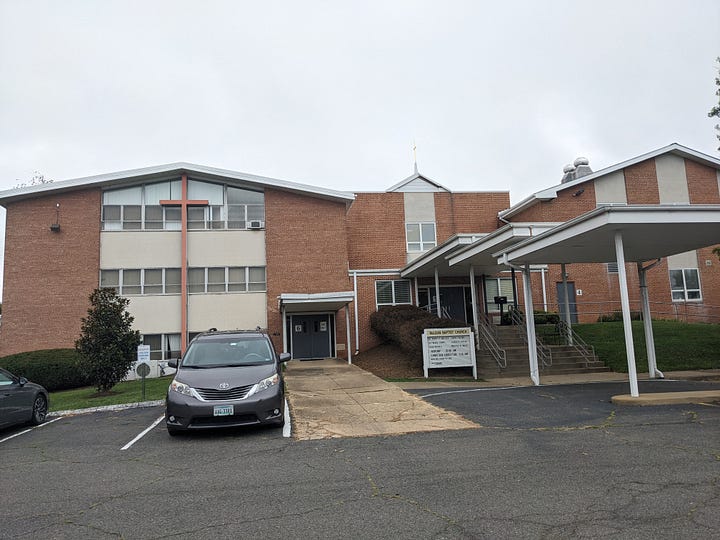
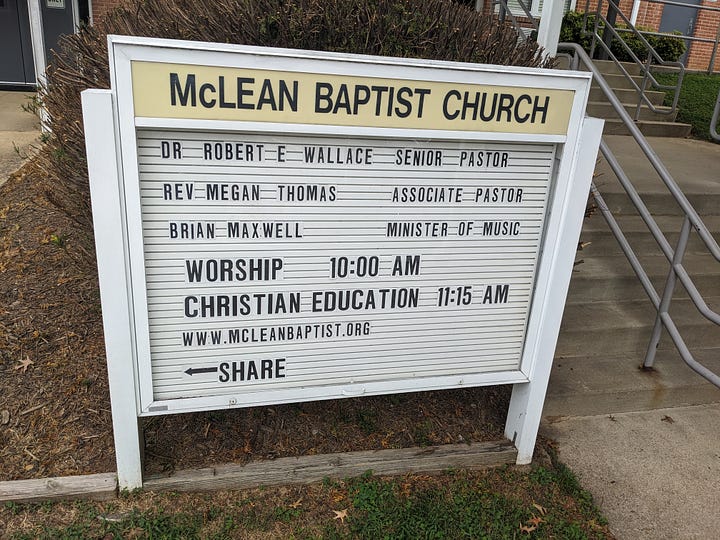
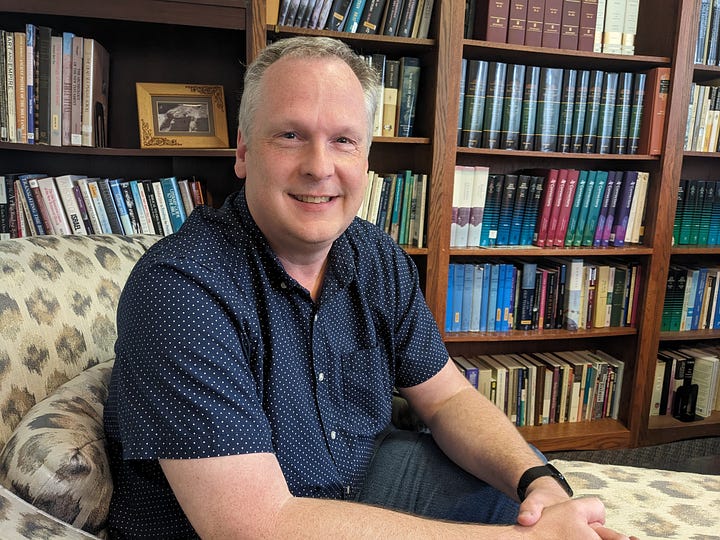
Dr. Wallace was the ideal person to give me some guidance. His family is from eastern Kentucky, he grew up in Indiana, and his studies, teaching, and ministry have taken him to Mississippi, Texas, Illinois, Georgia, and now northern Virginia.
Warm, welcoming, well-read, ecumenical in spirit, humble, and quite funny, Robert was happy to engage most any subject with me, and we touched on quite a few: Christian Zionism, Romans 9:11, the Eschaton, Moses, Sarah and Hagar, John the Baptist, Nebuchadnezzar, the Gospel of Mark, life in eastern Kentucky, coffee vs. Diet Coke, and much more.
I may post the audio of the full interview at a later date, but right now I want to share Dr. Wallace’s answer to my main question: Would it be dumb or dangerous for me to ride my bike across the Bible Belt next year, and ask Christians about Israel, the ingathering of the exiles, and the fate of diaspora Jews like me?
Here’s his answer:
Aaaaggghhhhh
That’s not what I was hoping to hear. Partly because it confirms what we all wish wasn’t true — that America is badly broken right now. And partly because I long for some answers, incomplete as they may be.
Then again, Dr. Wallace’s response makes me wonder:
If embarking on that bike trip today would be “an act of faith,” then do I really have it? (Faith, that is.)
If so, am I willing to act on it? (If not, then it might be time to shut down this Substack.)
Or, to put this in a religious idiom: Does G*d want me out in public, in the middle of Red America, talking as a Jew about Jewish and Christian worldviews? Or would He prefer that I simply act justly, love goodness, and walk humbly with my G*d — while keeping my head down and my mouth shut?
Short answer: I don’t know.






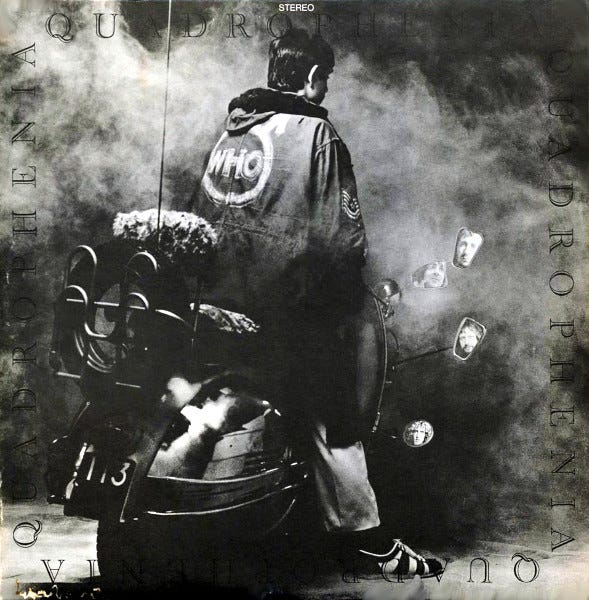
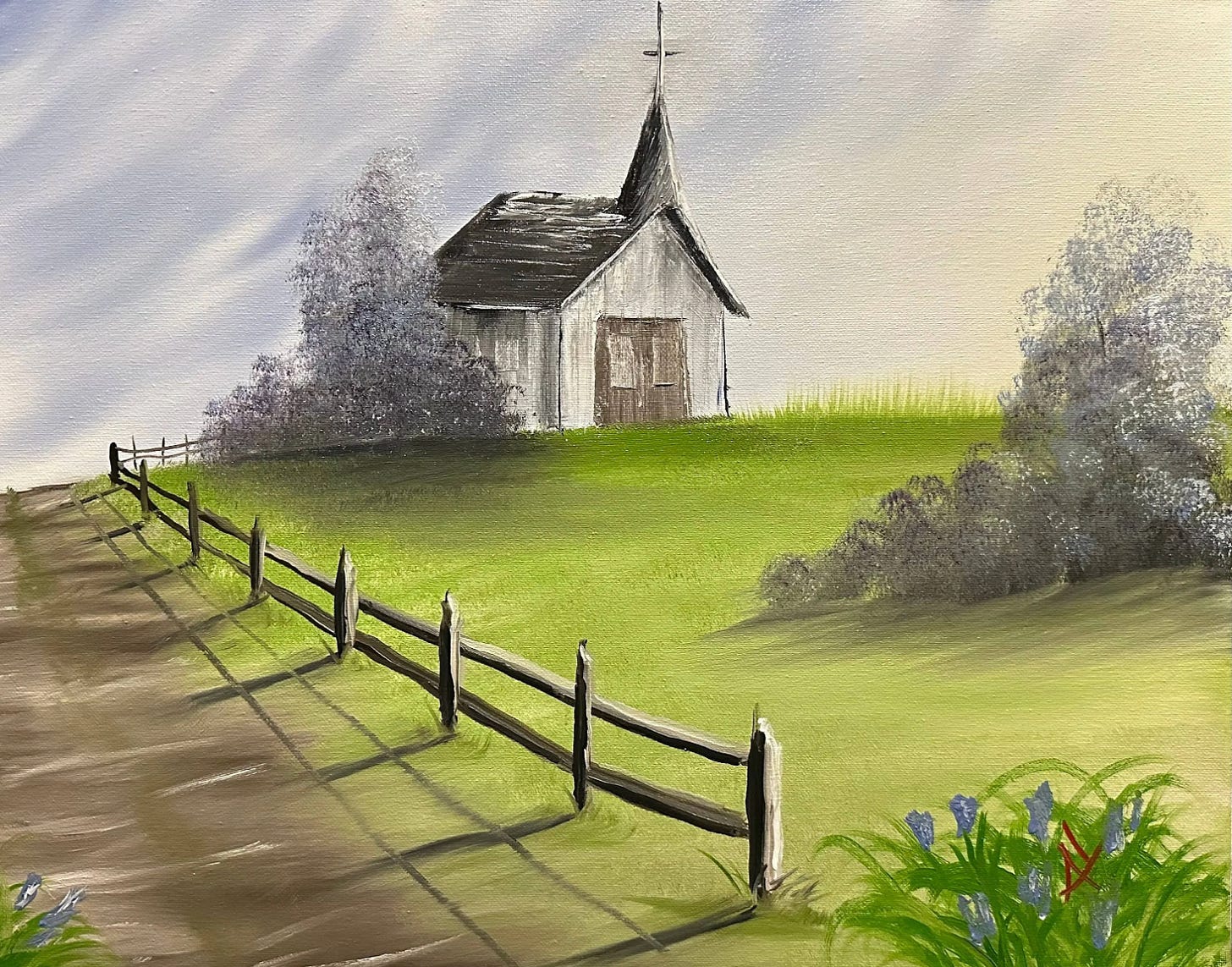
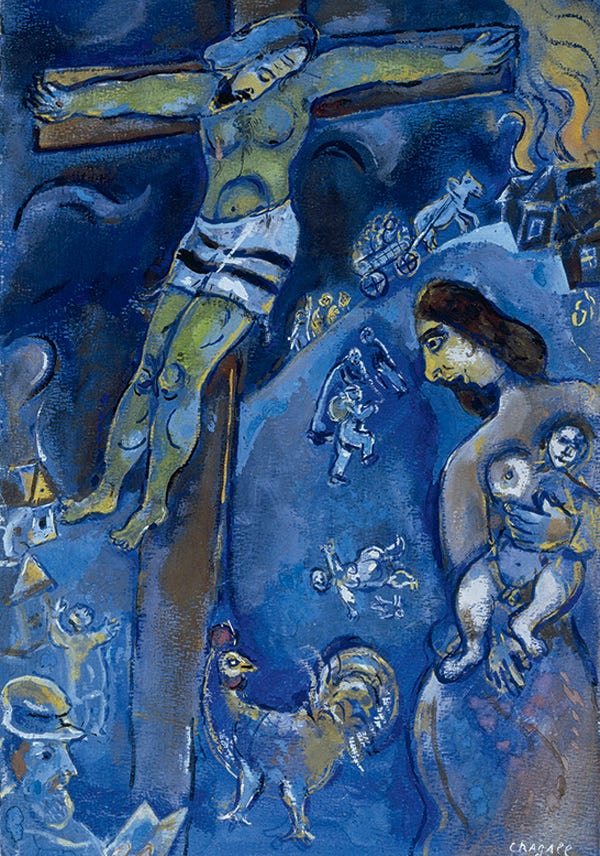


Go for it. But you open with : "Before you fill my water bottles, are you Jewish? You look Jewish." That should break the ice.
Alan, lech lecha. Seriously, go. I believe you will find beautiful people.